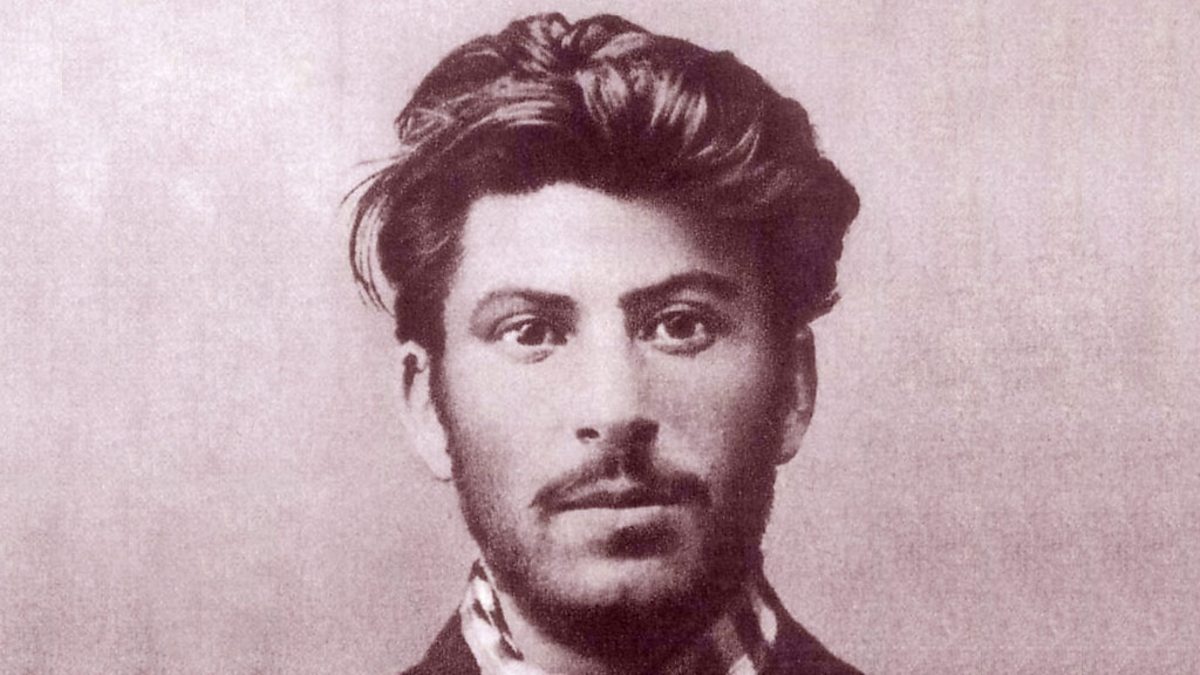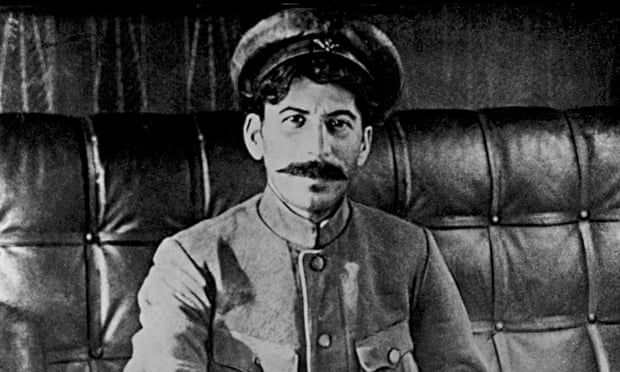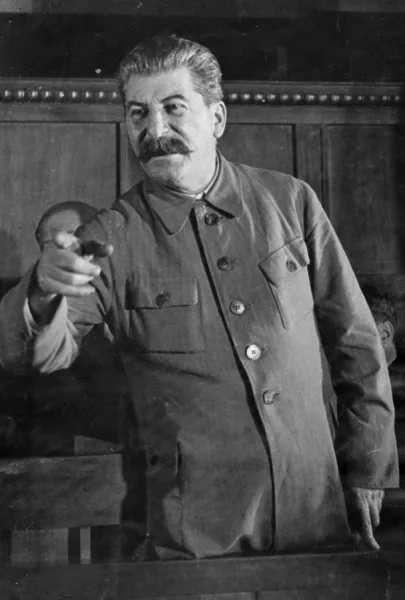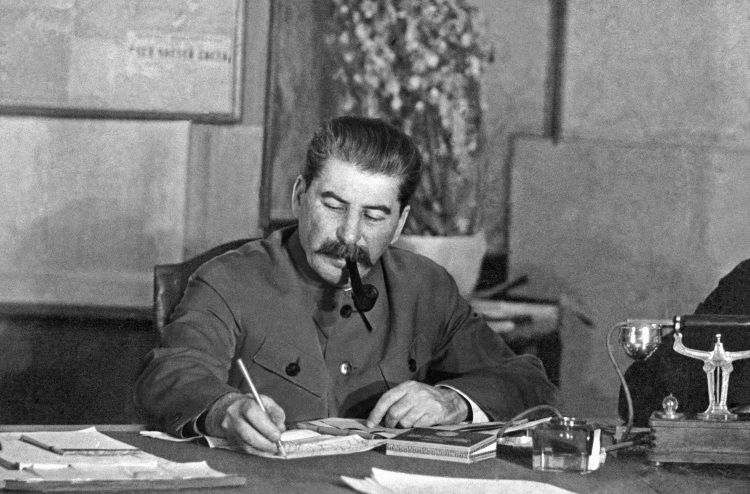Joseph Stalin: The Enigmatic Legacy of a Soviet Strongman
Introduction:
Joseph Stalin, the enigmatic figure who ruled the Soviet Union with an iron fist for over two decades, continues to fascinate and horrify scholars and historians alike. From his rise to power in the aftermath of the Russian Revolution to his ruthless consolidation of authority and his brutal regime of repression and terror, Stalin's impact on the course of world history cannot be overstated. As we delve into the complex legacy of this Soviet strongman, we must grapple with the profound contradictions and complexities of his rule and its lasting consequences for the Russian people and the world.
Early Life and Rise to Power:
Born as Ioseb Besarionis dze Jughashvili in 1878 in the small town of Gori, Georgia, Stalin's early life was marked by poverty, hardship, and upheaval. After a brief stint at a theological seminary, he became involved in revolutionary activities and joined the Bolshevik faction of the Russian Social Democratic Labour Party. Rising through the ranks of the party's leadership, Stalin quickly established himself as a skilled organizer and strategist, earning the trust and admiration of Vladimir Lenin, the leader of the Bolsheviks.
Stalin's ascent to power accelerated following the October Revolution of 1917, which saw the Bolsheviks seize control of the Russian government and establish the world's first socialist state. Over the next decade, he consolidated his authority within the party hierarchy, outmaneuvering his rivals and ruthlessly eliminating any potential challengers to his leadership. By the late 1920s, Stalin had emerged as the undisputed ruler of the Soviet Union, wielding near-absolute power over its political, economic, and social institutions.
The Stalinist Era:
Stalin's rule was characterized by a relentless pursuit of industrialization and modernization, coupled with a ruthless campaign of political repression and state terror. Under his leadership, the Soviet Union embarked on a series of ambitious Five-Year Plans aimed at rapidly transforming the country into an industrial powerhouse. While these efforts succeeded in modernizing the Soviet economy and laying the foundations for its eventual superpower status, they came at a staggering human cost.
The forced collectivization of agriculture, coupled with draconian quotas and punitive measures, resulted in widespread famine and devastation in the countryside, particularly in Ukraine and other regions of the Soviet Union. Millions of peasants perished as a result of starvation, disease, and state-sponsored violence, making the Ukrainian famine, known as the Holodomor, one of the deadliest man-made disasters in human history.
Meanwhile, Stalin's regime launched a brutal campaign of political repression and terror aimed at eliminating perceived enemies of the state and consolidating his grip on power. The Great Purge of the late 1930s saw the mass arrest, torture, and execution of millions of Soviet citizens, including party officials, intellectuals, military leaders, and ordinary citizens accused of treason, sabotage, or espionage. The purges instilled a climate of fear and paranoia throughout Soviet society, with ordinary citizens living in constant dread of arbitrary arrest and summary execution.
Cult of Personality:
Central to Stalin's rule was the cult of personality that surrounded him, portraying him as the infallible and omniscient leader of the Soviet people. Propaganda glorifying Stalin's leadership and achievements permeated all aspects of Soviet life, from education and the arts to politics and the media. His image was omnipresent, adorning posters, banners, and public spaces, while his speeches and writings were treated as gospel truth.
The cult of personality served to further entrench Stalin's authority and legitimize his rule, while simultaneously stifling dissent and critical thinking. Any perceived criticism or deviation from the official party line was swiftly suppressed, with dissenters branded as enemies of the state and subjected to harsh reprisals.
Legacy and Impact:
The legacy of Joseph Stalin remains deeply contested and highly polarized, reflecting the complex and often contradictory nature of his rule. While some view him as a visionary leader who modernized the Soviet Union and led it to victory in World War II, others condemn him as a tyrant responsible for untold suffering and human rights abuses on a massive scale.
Stalin's impact on Russian society and culture continues to reverberate to this day, shaping attitudes towards authority, power, and political dissent. The trauma of the Stalinist era, with its legacy of repression and terror, casts a long shadow over Russian politics and society, influencing perceptions of democracy, freedom, and human rights. In recent years, there has been a growing reevaluation of Stalin's legacy in Russia, with some segments of society seeking to rehabilitate his image and downplay the atrocities committed under his rule. This trend has been fueled in part by nostalgia for the perceived stability and strength of the Soviet era, as well as by the Kremlin's efforts to assert a narrative of Russian exceptionalism and national pride.
In recent years, there has been a growing reevaluation of Stalin's legacy in Russia, with some segments of society seeking to rehabilitate his image and downplay the atrocities committed under his rule. This trend has been fueled in part by nostalgia for the perceived stability and strength of the Soviet era, as well as by the Kremlin's efforts to assert a narrative of Russian exceptionalism and national pride.
However, for many Russians, particularly those whose families suffered under Stalin's regime, the memory of the horrors of the past remains vivid and painful. Memorials and monuments dedicated to the victims of Stalinist repression serve as a reminder of the need to confront the dark chapters of history and ensure that they are never forgotten or repeated.
Conclusion:
Joseph Stalin's legacy is a complex and multifaceted one, encompassing both the achievements and atrocities of his rule. As we grapple with the enduring impact of his reign, it is essential that we confront the uncomfortable truths of history and strive to learn from the mistakes of the past. Only by reckoning with the legacy of Stalinism can we hope to build a more just, democratic, and humane future for generations to come.












































